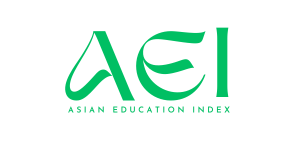DEVELOPMENT OF EVIDENCE AND EVIDENCE-BASED ASSIGNMENTS IN A BIOLOGY FAN
Abstract
Modernization of the educational process of professors and teachers working as teachers in higher education institutions, a textbook that prepares the ground for the purposeful organization, a bank of electronic textbooks, non-standard adaptive tests, activation of students' knowledge activities by creating a silhouette for training courses, methodological knowledge, skills and Development and updating of qualifications, elevating them to the level of government requirements and world educational standards are one of the main issues of the reform period. Taking into account the above tasks, professors and teachers should be able to choose innovative teaching technologies related to the content of teaching in the educational process, design classes and technological maps, implement certain curriculum goals, and organize student-oriented education based on students' age, psychological, and ergonomic characteristics. Teaching the development of innovative technologies that meet the demands of time in pedagogical qualitative science and the design of technological maps sets the main objective of the program. Pedagogical qualitative in accordance with the qualification requirements of future pedagogical personnel, the professionalism of teachers working pedagogically in the continuous education system, the quality of the educational process organized at this stage, the knowledge, skills and skills acquired by students, the compatibility of the vocational training commission with DTS, the compatibility of the schools, higher education institutions, including monitors and evaluates the quality of pedagogical training of existing people, the quality of material and didactic provision of curriculum students based on a specified regulatory rating.








